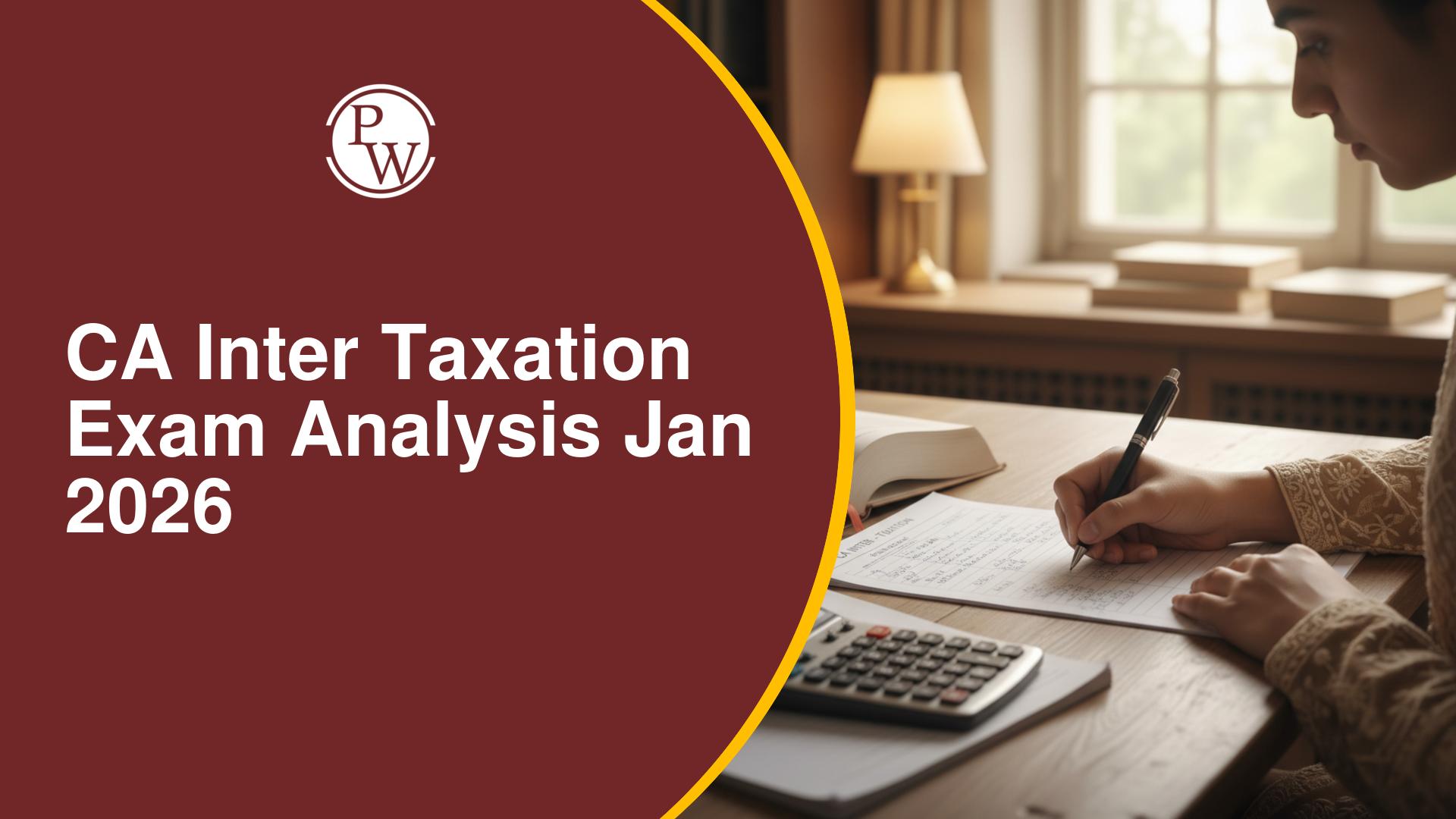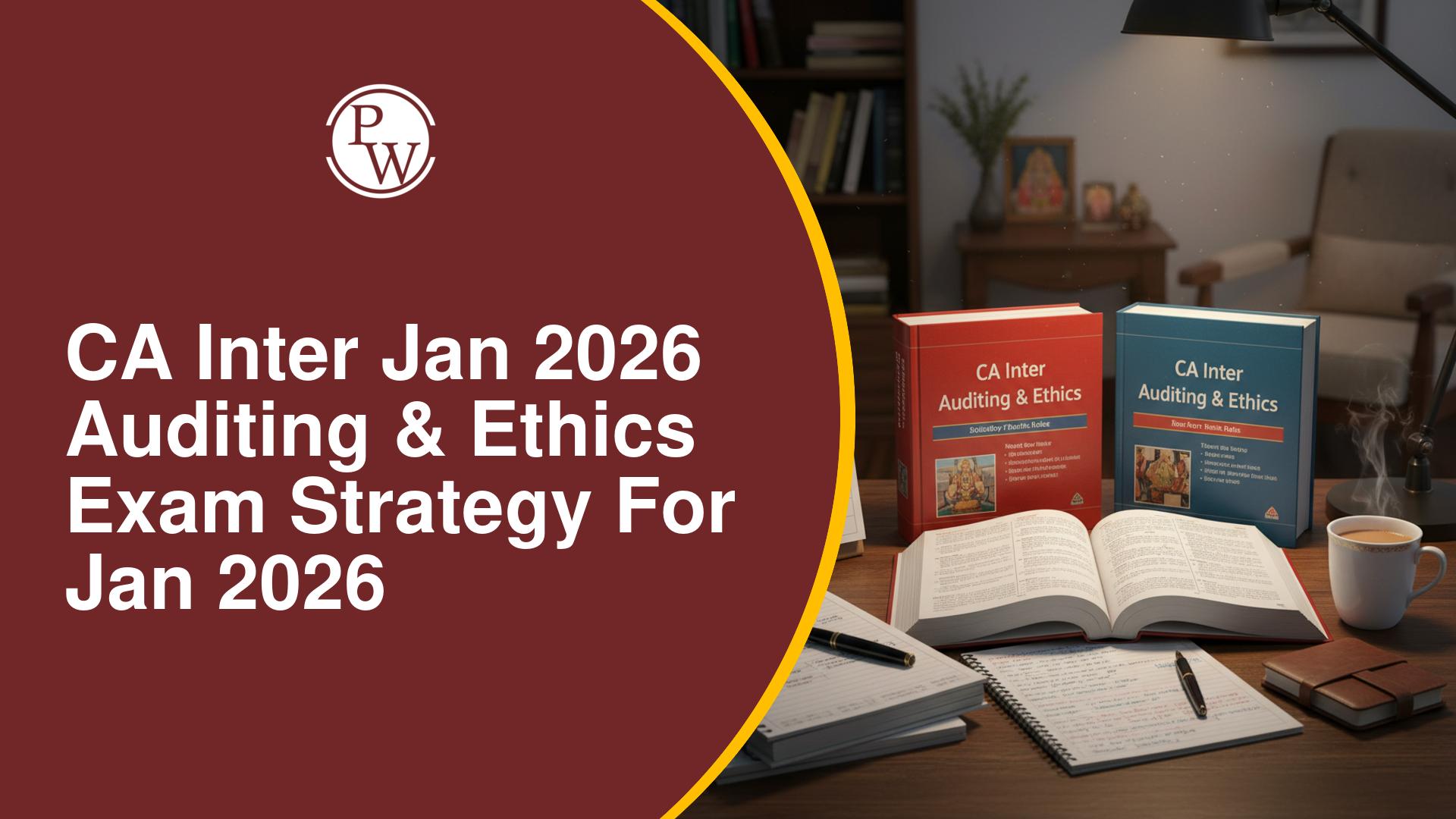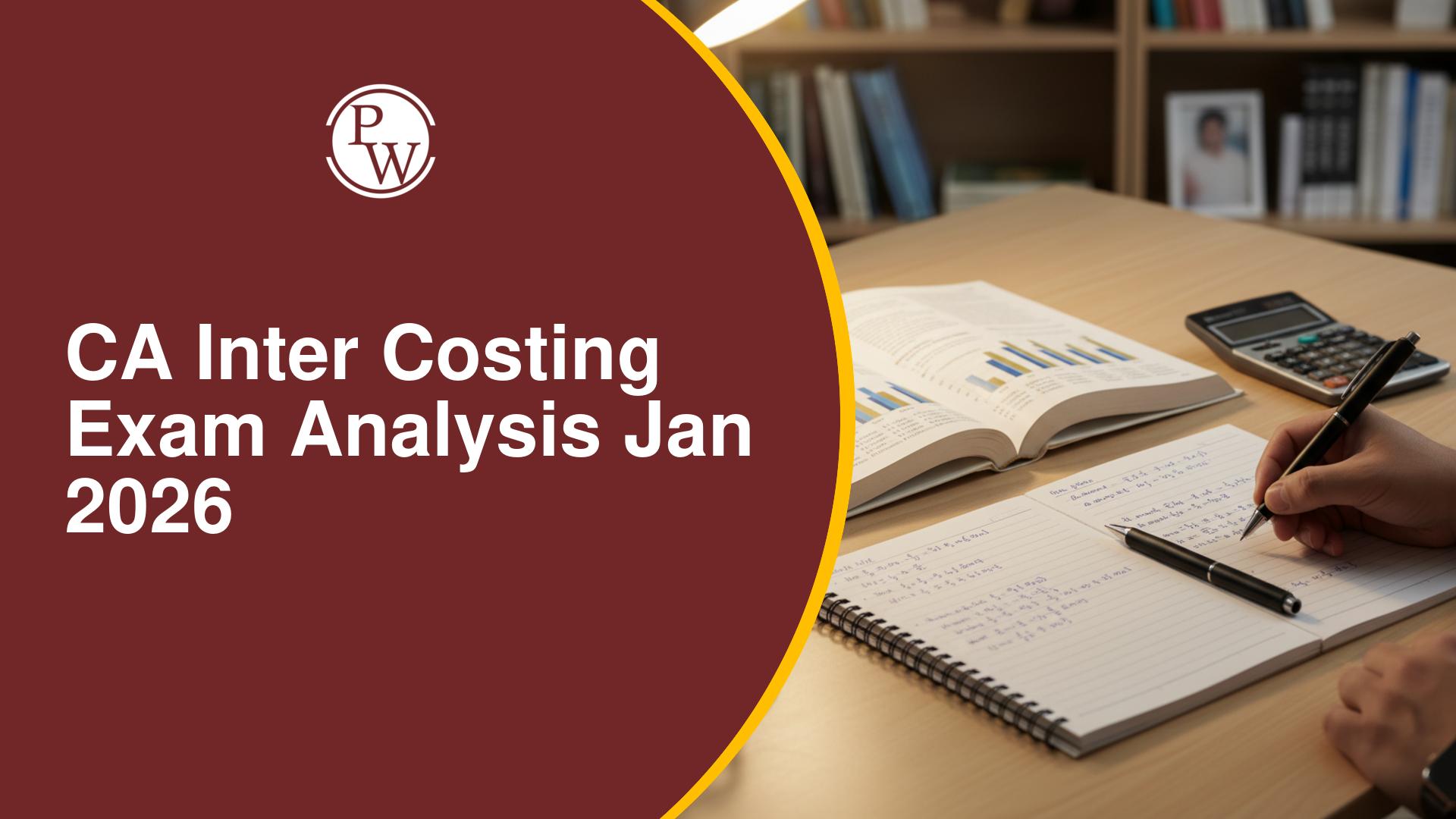
As a CA student, understanding the intricacies of a Compliance Audit is vital for your career. Not only is it a significant part of your syllabus, but it also plays a crucial role in the accounting and auditing landscape. This article aims to explain the concept, importance, types, and process of a Compliance Audit, providing you with a comprehensive guide to ace this aspect of your CA Exam .
What Is Compliance Audit?
A Compliance Audit is a detailed review and evaluation of an organization's adherence to regulatory guidelines, internal policies, and procedures. This type of audit ensures that the entity complies with external laws and regulations as well as internal rules set by the organization. For CA students, mastering this audit type is essential as it encompasses a broad range of regulations and standards crucial for financial and operational integrity.Importance of Compliance Audit
The importance of a Compliance Audit cannot be overstated. It acts as a safeguard for organizations, ensuring they meet regulatory requirements, which in turn, protects them from legal penalties and reputational damage. For instance, companies must adhere to financial reporting standards, labor laws, environmental regulations, and more. From a career perspective, having a solid grasp of Compliance Audit processes equips you to help organizations avoid non-compliance issues. This skill not only adds value to your resume but also enhances your problem-solving abilities, making you a vital asset in any organization.Also Check: Inventory Valuation
Types of Compliance Audit
Compliance Audits are categorized based on their focus and the specific regulations they address. Understanding these types is crucial for aspiring CAs, as it prepares them to handle a variety of auditing scenarios in their professional careers.1. Regulatory Compliance Audit
A Regulatory Compliance Audit ensures that an organization adheres to external laws and regulations set by governmental bodies. These audits are essential for maintaining legal compliance and avoiding penalties. For example, organizations must comply with financial reporting standards such as GAAP or IFRS, labor laws, health and safety regulations, and industry-specific standards. They are critical in industries like finance, healthcare, and manufacturing, where adherence to strict regulations is mandatory.2. Internal Compliance Audit
An Internal Compliance Audit focuses on verifying that an organization’s internal policies and procedures are being followed. This type of audit helps maintain operational efficiency and strengthens internal controls. Internal audits review the effectiveness of internal processes, ensuring that employees adhere to company policies. These audits can uncover areas for improvement within the organization, leading to enhanced performance and reduced risk of internal fraud or mismanagement.3. IT Compliance Audit
With the increasing reliance on technology, IT Compliance Audits have become vital. These audits assess whether an organization complies with IT regulations and standards, such as data protection laws, cybersecurity standards, and software licensing agreements. IT compliance audits are crucial in safeguarding sensitive information, ensuring data integrity, and preventing cyber threats. They cover areas like network security, data privacy, and IT governance, making them indispensable in today's digital landscape.4. Environmental Compliance Audit
An Environmental Compliance Audit evaluates an organization’s adherence to environmental laws and regulations. These audits are increasingly important as businesses strive to reduce their environmental impact and meet sustainability goals. Environmental audits assess compliance with regulations related to waste management, pollution control, resource conservation, and sustainability initiatives. They help organizations identify and mitigate environmental risks, ensuring responsible and eco-friendly operations.Process of Compliance Audit
Conducting a Compliance Audit involves several key steps:- Planning: Define the scope and objectives of the audit. This stage involves identifying the relevant laws, regulations, and internal policies that need to be reviewed.
- Data Collection: Gather all necessary documents and data. This includes policies, procedures, records, and reports relevant to the compliance requirements.
- Evaluation: Assess the collected data against the compliance standards. Identify any discrepancies or areas of non-compliance.
- Reporting: Prepare a detailed audit report highlighting the findings, areas of non-compliance, and recommendations for corrective actions.
- Follow-Up: Ensure that the organization implements the recommended changes. Follow-up audits may be necessary to verify compliance.
| Also Check | |
| Fair Value Accounting | Deferred Taxation |
| Financial Instruments | Revenue Recognition |
| Lease Accounting | Segment Reporting |
Compliance Audit FAQs
What is a compliance audit?
A compliance audit is a review to ensure an organization follows external laws and internal policies.
Why are compliance audits important?
They help prevent legal issues and ensure operational integrity.
What are the types of compliance audits?
Regulatory, internal, IT, and environmental compliance audits.
What is the process of a compliance audit?
It involves planning, data collection, evaluation, reporting, and follow-up.
Talk to a counsellorHave doubts? Our support team will be happy to assist you!

Free Learning Resources
PW Books
Notes (Class 10-12)
PW Study Materials
Notes (Class 6-9)
Ncert Solutions
Govt Exams
Class 6th to 12th Online Courses
Govt Job Exams Courses
UPSC Coaching
Defence Exam Coaching
Gate Exam Coaching
Other Exams
Know about Physics Wallah
Physics Wallah is an Indian edtech platform that provides accessible & comprehensive learning experiences to students from Class 6th to postgraduate level. We also provide extensive NCERT solutions, sample paper, NEET, JEE Mains, BITSAT previous year papers & more such resources to students. Physics Wallah also caters to over 3.5 million registered students and over 78 lakh+ Youtube subscribers with 4.8 rating on its app.
We Stand Out because
We provide students with intensive courses with India’s qualified & experienced faculties & mentors. PW strives to make the learning experience comprehensive and accessible for students of all sections of society. We believe in empowering every single student who couldn't dream of a good career in engineering and medical field earlier.
Our Key Focus Areas
Physics Wallah's main focus is to make the learning experience as economical as possible for all students. With our affordable courses like Lakshya, Udaan and Arjuna and many others, we have been able to provide a platform for lakhs of aspirants. From providing Chemistry, Maths, Physics formula to giving e-books of eminent authors like RD Sharma, RS Aggarwal and Lakhmir Singh, PW focuses on every single student's need for preparation.
What Makes Us Different
Physics Wallah strives to develop a comprehensive pedagogical structure for students, where they get a state-of-the-art learning experience with study material and resources. Apart from catering students preparing for JEE Mains and NEET, PW also provides study material for each state board like Uttar Pradesh, Bihar, and others
Copyright © 2026 Physicswallah Limited All rights reserved.









